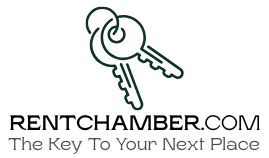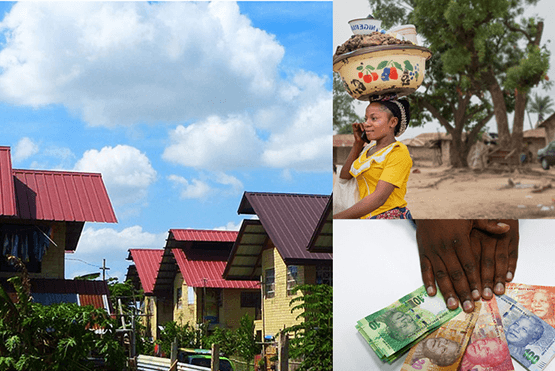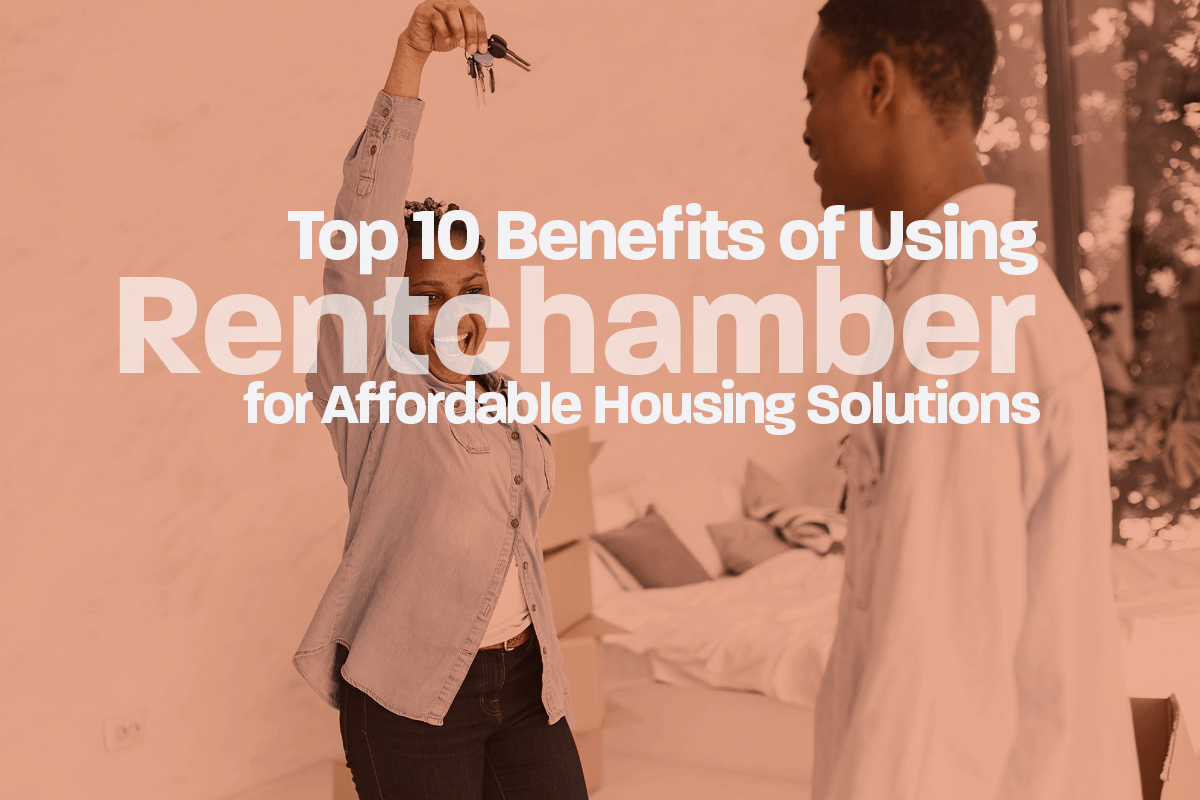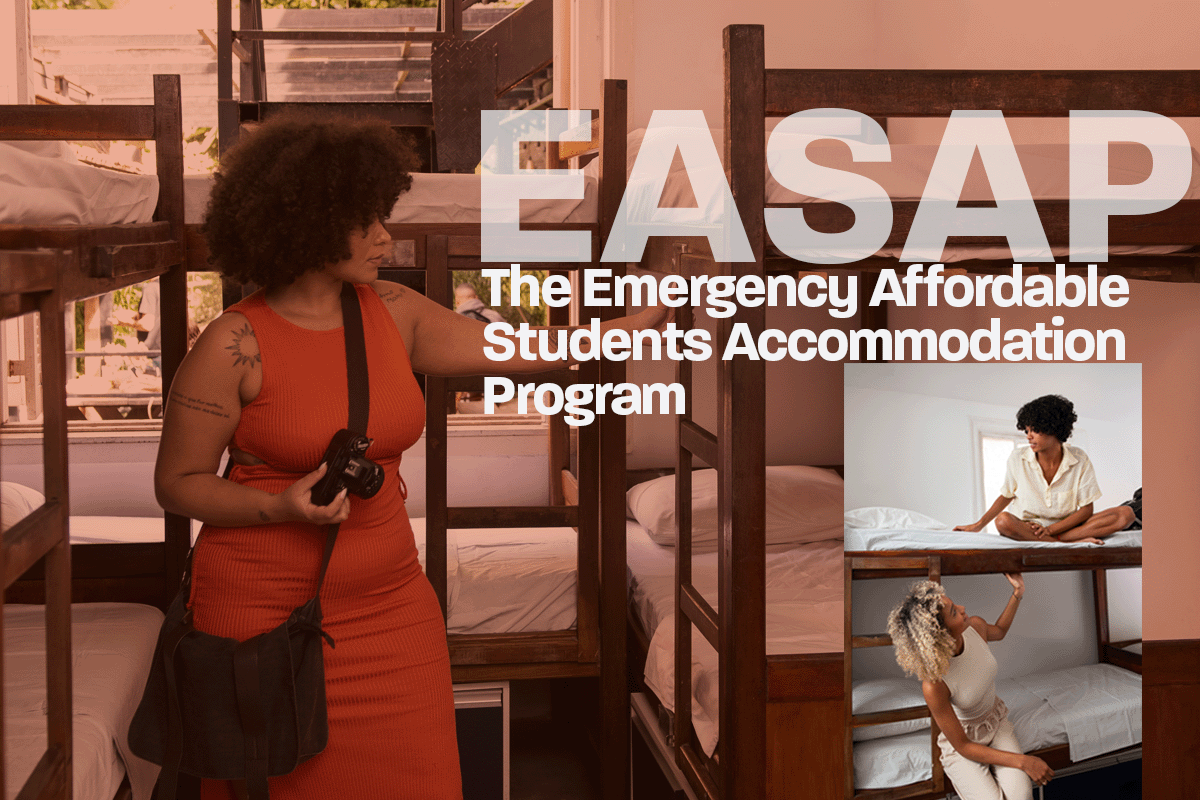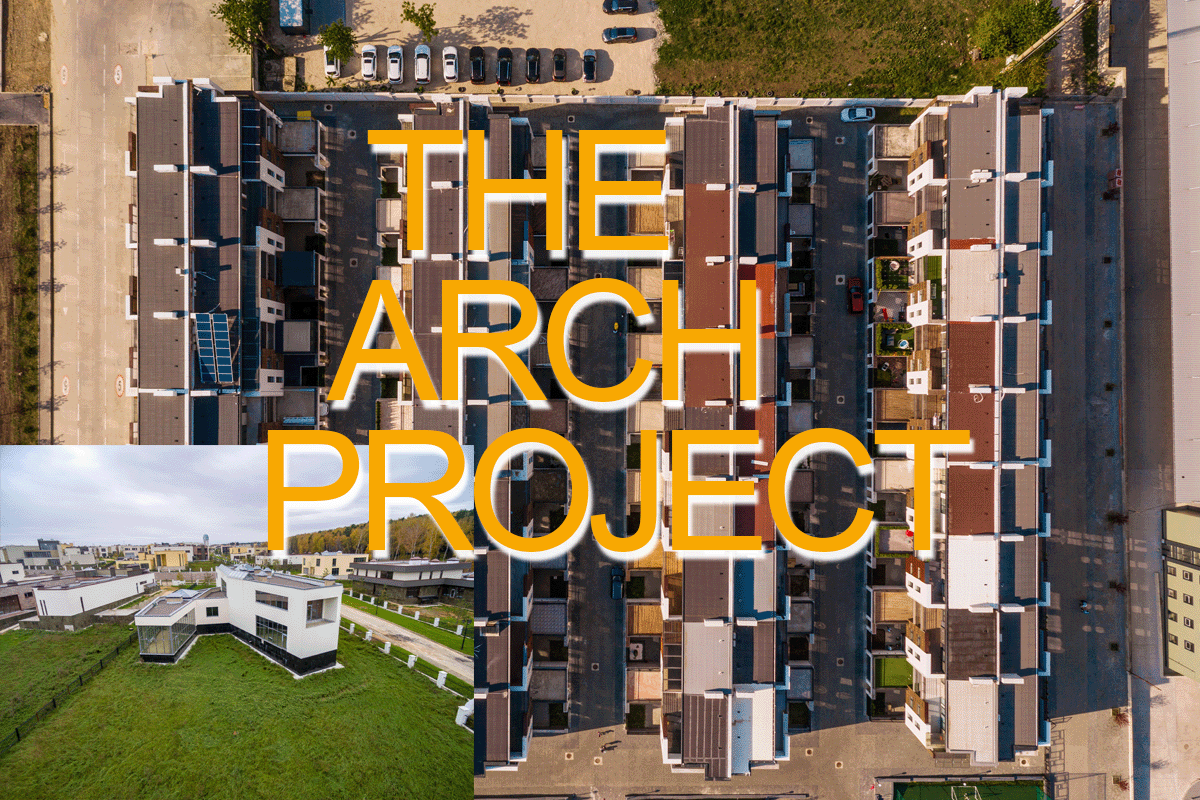Imagine a continent where dreams of homeownership are not confined to a privileged few with bank accounts and stellar credit scores. In Africa, where the unbanked population still struggles to access traditional financing, innovative housing finance models are paving the way for a brighter future. These models are not just financial tools; they are dreams realized, futures secured, and families sheltered.
The Unbanked Predicament of Africans
In Africa, a substantial portion of the population remains unbanked. The unbanked are often marginalized, their aspirations for homeownership seemingly out of reach. Conventional mortgage loans, with their stringent requirements and complex approval processes, are nothing short of elusive dreams for these individuals and families.
The Unbanked Predicament of Africans: Guiding Light Amidst Challenges
But amidst this financial divide, there’s a guiding light. Innovative housing finance models are emerging to bridge the gap between the unbanked and their dreams of owning a home. These models recognize the potential, determination, and hard work of those who lack traditional banking access.
In Africa, the unbanked are not just statistics; they are stories of hope and possibility. As these housing finance models continue to evolve, they are lighting up the path to homeownership, one step, one brick, and one dream at a time. It’s not just about houses; it’s about transforming lives, communities, and the future of a continent.*
Community Savings and Loans
One such model is community savings and loan programs. These initiatives empower local communities to pool their resources and create accessible lending opportunities. It’s not just about money; it’s about trust, solidarity, and communal strength. Through these programs, individuals contribute regularly, saving towards a collective homeownership goal. These are not just savings; they are hopes, aspirations, and faith in a better tomorrow.
In Kenya, the “Chama” system is a well-known community savings and loans model. Chama groups, often comprised of friends, family, or neighbors, contribute regular savings into a collective fund. These funds are used for various purposes, including homeownership. According to a report by the Kenya Institute for Public Policy Research and Analysis (KIPPRA), Chama groups have significantly contributed to financing homes for low and middle-income earners, creating a sense of community-driven homeownership.
Microfinance for Housing
Microfinance institutions, often with a keen understanding of the local context, are stepping in where traditional banks hesitate. They offer tailored financial solutions that accommodate irregular incomes and varying financial literacy levels. Microfinance loans for housing are more than just monetary transactions; they are doors opening to shelter, dignity, and pride.
Shelter Afrique, a pan-African finance institution, partners with microfinance institutions across the continent to provide housing microloans. They offer loans tailored to the needs and income levels of low-income individuals and families. These loans empower the unbanked to access financing for housing. According to Shelter Afrique’s annual report, their microfinance initiatives have enabled thousands of Africans to become homeowners.
Rent-to-Own Initiatives
Rent-to-own programs are turning renters into homeowners, step by step. These initiatives allow families to gradually accumulate ownership in their homes while paying affordable monthly rents. Every payment is a brick laid in the foundation of their future, a testament to resilience and determination.
In Nigeria, the Lagos State Rent-to-Own Housing Scheme allows residents to rent homes with the option to own them gradually. This initiative, backed by government policy, offers affordable housing solutions to residents. According to the Lagos State Government, this program has made homeownership achievable for many who couldn’t access traditional mortgages.
House Funder: Crowdfunding Affordable Housing
Empowering the Public to Build Homes, One Contribution at a Time
In the heart of Ghana, a transformative idea is reshaping the narrative of affordable housing. House Funder, a pioneering House Fund company, has embarked on a mission that resonates deeply with the aspirations of both the unbanked and the well-established. They have introduced a unique concept: public crowdfunding to build affordable housing in Ghana.
House Funder recognized that homeownership should not be limited to those with access to traditional financing. Their vision is simple yet profound – empower the public, one contribution at a time, to collectively build homes for those who yearn for a place to call their own.
This innovative initiative taps into the collective strength of communities, both local and global, who want to make a meaningful difference in the lives of fellow Ghanaians. It’s a testament to the power of unity, compassion, and shared dreams.
How House Funder Works
The concept is straightforward. House Funder identifies promising affordable housing projects in Ghana and presents them to the public through their platform. Anyone, regardless of financial background, can contribute to the project. It could be a small donation from a compassionate individual or a more substantial investment from a socially conscious corporation.
Every contribution is a building block. It represents not just financial support but a symbol of solidarity with those striving for homeownership. Every brick laid, every beam raised, and every roof secured is a step closer to a new home for a deserving family.
Impact Beyond Bricks and Mortar
The impact of House Funder goes far beyond the physical structures it helps build. It is a manifestation of empathy and shared responsibility. It’s a declaration that everyone deserves a place to call home, regardless of their financial circumstances.
The initiative brings tears of joy to families who had all but given up on their homeownership dreams. It instills hope in the hearts of children who now have a stable place to grow and thrive. It reaffirms the belief that when people come together with a common purpose, they can achieve the extraordinary.
A Future Illuminated by Hope
As we look to the future, House Funder’s crowdfunding model is more than a financial strategy; it’s a beacon of hope. It’s a reminder that the unbanked, the marginalized, and the underprivileged can find their place under the sun. It’s an emotional journey, filled with stories of transformation, resilience, and unwavering determination.
In Ghana, House Funder is not just raising roofs; it’s raising spirits. It’s inspiring a new generation to believe in the possibility of homeownership. It’s proving that with collective effort, we can rewrite the story of housing affordability, one home at a time.
Technology and Financial Inclusion
In the digital age, mobile banking and fintech solutions are becoming powerful tools for financial inclusion. Mobile banking brings banking services to the palm of one’s hand, allowing the unbanked to save, transact, and access credit conveniently. It’s not just about technology; it’s about empowerment, access, and inclusion.
In Ghana, mobile money services like MTN Mobile Money and Vodafone Cash have empowered unbanked individuals to save and transact digitally. These services allow users to save small amounts of money conveniently. According to the Bank of Ghana, the adoption of mobile banking services among the unbanked has grown steadily, indicating improved access to financial services.
Government Support and Policy Shifts
Governments across Africa are recognizing the importance of housing for economic growth and social stability. Policy shifts and incentives are making it easier for the unbanked to access housing finance. It’s not just about policies; it’s about hope, opportunity, and a brighter future for all.
The South African government introduced the Finance Linked Individual Subsidy Program (FLISP) to make homeownership more accessible. FLISP provides financial assistance to eligible low and middle-income individuals, reducing the upfront costs of purchasing a home. According to the National Department of Human Settlements in South Africa, FLISP has positively impacted homeownership rates among the unbanked.
The Journey Ahead
As these innovative housing finance models gain momentum, the dream of homeownership becomes more attainable for the unbanked in Africa. It’s a journey filled with heart, courage, and resilience, a testament to the indomitable spirit of individuals and communities determined to build a better life.
In Africa, the unbanked are not just statistics; they are stories of hope and possibility. As these housing finance models continue to evolve, they are lighting up the path to homeownership, one step, one brick, and one dream at a time. It’s not just about houses; it’s about transforming lives, communities, and the future of a continent.
